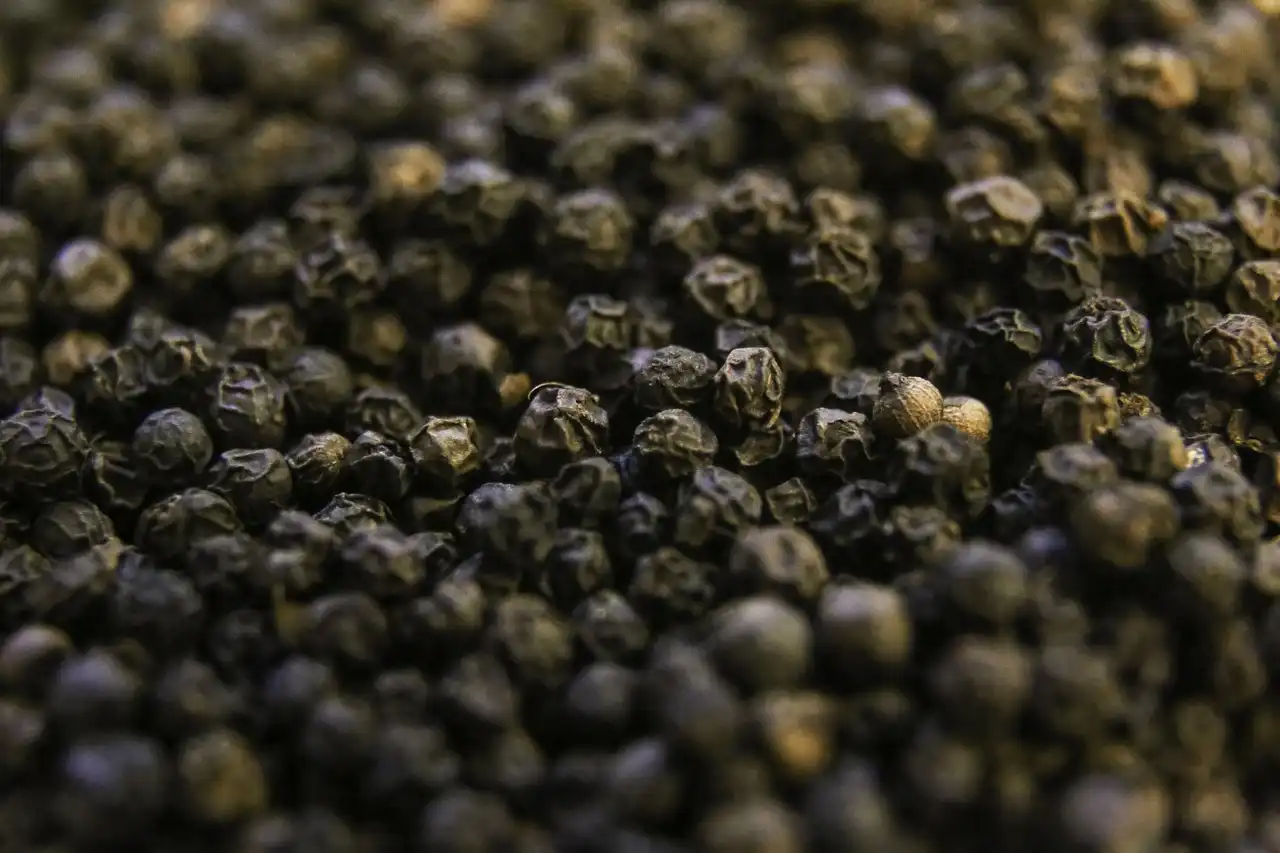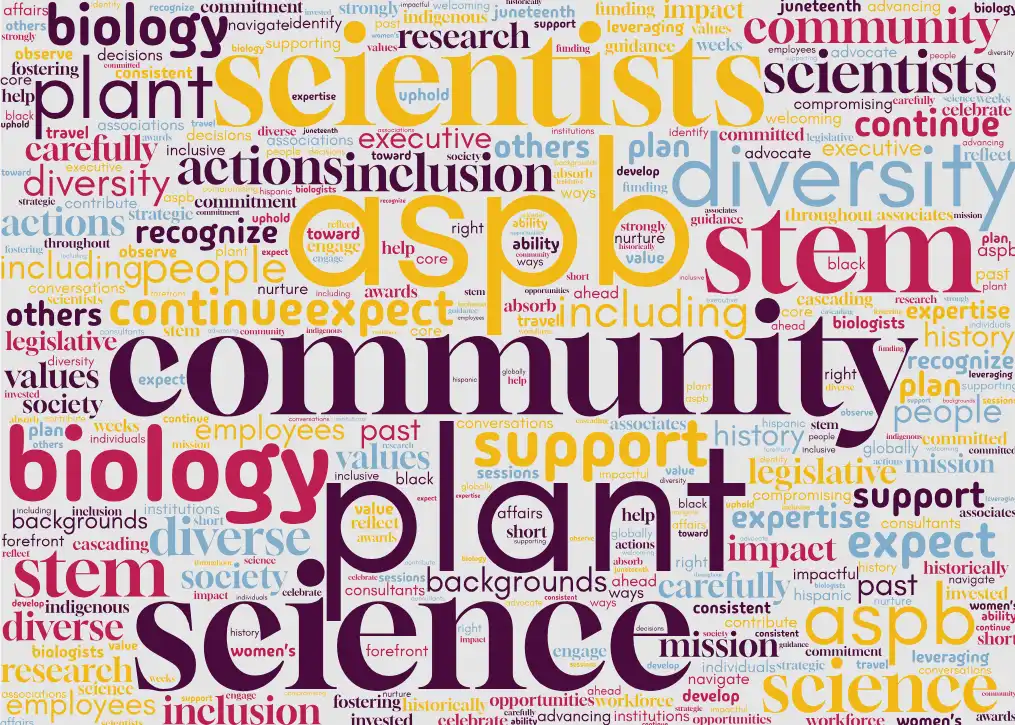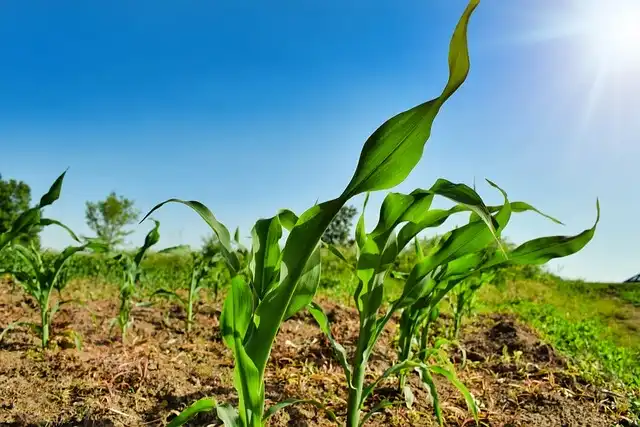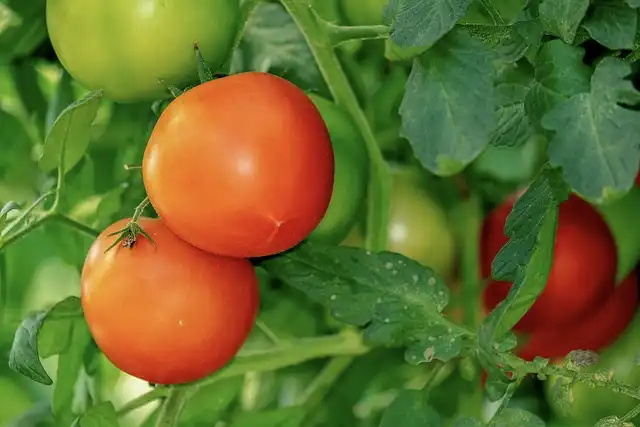
The Global Plant Council is pleased to announce the publication of a new perspective article written by members of its board of directors, published in the Plant Biotechnology Journal.

The Global Plant Council is pleased to announce the publication of a new perspective article written by members of its board of directors, published in the Plant Biotechnology Journal.

Incidences of Harmful Algal Blooms (HABs) are becoming more frequent, their scale is growing and so are their impacts on food and water security. HABs are being fed by increases in water temperature, dissolved CO2 concentration and nutrient availability in our oceans and freshwater bodies. Algal blooms act as a sink for atmospheric CO2, but they can also harm biodiversity and disrupt ecosystems and food chains in sea-food based economies.

From the very first presentation to the final wrap-up, the workshop was a deep dive into the challenges—and opportunities—plant science faces in the changing world of today… and probably the one of tomorrow.

Orphan crops, as the name implies, are often ignored. Yet, they have great potential to improve global food security. These underutilised plants, primarily grown in Africa, Asia, and South America, are staples in local diets but receive minimal attention in modern agriculture. Due to limited research and breeding advancements, they remain vulnerable to biotic and abiotic stresses.

ASPB Reaffirms Its Commitment to Diversity and Inclusion
Originally published on the American Society of Plant Biologists (ASPB) website. Republished with permission.
Statement from ASPB’s Board of Directors, February 11, 2025 – Along with many others, we have done our best to absorb the deluge of executive actions that have taken place over the past few weeks. We recognize the harm they are causing to both individuals and institutions, as well as the cascading impact they have on the plant biology workforce and, by extension, our nation’s capacity to remain at the forefront of plant science research globally. During this taxing time, we have carefully considered what these executive actions mean – both for ASPB and our commitments to diversity and inclusion and for the community of plant scientists that we exist to serve and support. We took this time to reflect on the path ahead and how the decisions we make in the short term might impact the Society’s ability to continue advancing our mission without compromising our values. Throughout those conversations one thing has remained consistent: ASPB is invested in doing what is right for our community and our employees. The Society remains committed to robustly supporting and strongly advocating for diversity and inclusion in the plant sciences, period.
What does that mean for the ASPB community? Among other things, you can expect that we will continue to support travel awards, funding opportunities, and Plant Biology conference sessions with an aim toward including all people. You can expect that ASPB will continue to strive to become ever more welcoming and inclusive to all, and to continue to develop and refine a strategic plan for the Society that sources from diverse backgrounds and features inclusion of all as a core tenet of that plan. You can also expect that ASPB will continue to recognize and celebrate our community including, for example, during Black History Month, Women’s History Month, Pride Month, and those recognizing people of Hispanic and Indigenous descent who have historically and who continue to contribute to plant biology. We will observe Juneteenth; and we will continue to value the commitment, diverse backgrounds and expertise of our employees, who work every day to support our mission and uphold our values.
We will navigate these times carefully, offer continued guidance and support to plant biologists when possible, and advocate fiercely for plant biology research, leveraging the expertise of our legislative affairs consultants at Lewis-Burke Associates to identify the most impactful ways to do so – including a direct ask for your help in the coming days. We will continue to engage with sibling associations across the STEM space, joining with others on specific legislative actions when it makes sense to do so. We will strive to nurture the diverse community of scientists who have driven this field forward for the past 100 years, and who will continue to do so for the next 100 years and more. And above all, we will keep fostering a sense of community – a place where you can weather the storm and still be your whole self. While we do this, we would urge you all to take care of the people around you as well as yourselves.
Read the orginal here.

A recent study explored the role of public authorities in pre- and debunking misinformation, finding that source credibility impacts outcomes. For individuals who trust public authorities, their debunks were more effective in reducing misinformation credibility and agreement. However, for those with low trust, public authority debunks backfired, slightly increasing credibility of the misinformation. This highlights the need for tailored communication strategies rather than one-size-fits-all approaches. The study has involved over 5,000 people.

Certification empowers producers to meet international quality, safety, and sustainability standards, expanding their market access. It assures consumers of ethical and environmentally friendly practices, supporting food safety and product reliability. Training programs also guide farmers in certification requirements, building trust, fostering sustainable agriculture, and enhancing competitiveness in the global marketplace.

A growing push for agricultural modernization is addressing the need for sustainable practices and climate change adaptation. Many farmers lack access to relevant knowledge, hindering progress. Educational initiatives offering courses on sustainable farming and modern production methods aim to bridge this gap, enhancing productivity, sustainability, and profitability across the agri-food sector.

More than 3,000 botanists from 95 countries gathered at the XX International Botanical Congress in Madrid, held between 21-27th of July 2024, and issued ten calls for action, putting plants at the center of society’s path toward a sustainable future. They urge stronger connections between plants and people for future planetary health and resilience.

Scientists have developed drought and salt-resistant tomato plants by discovering a new stress-response mechanism. By engineering these plants to produce a synthetic molecule that activates this mechanism, they enhance the plants’ resilience. This breakthrough could ensure stable tomato production despite adverse climate conditions, supporting global food security.